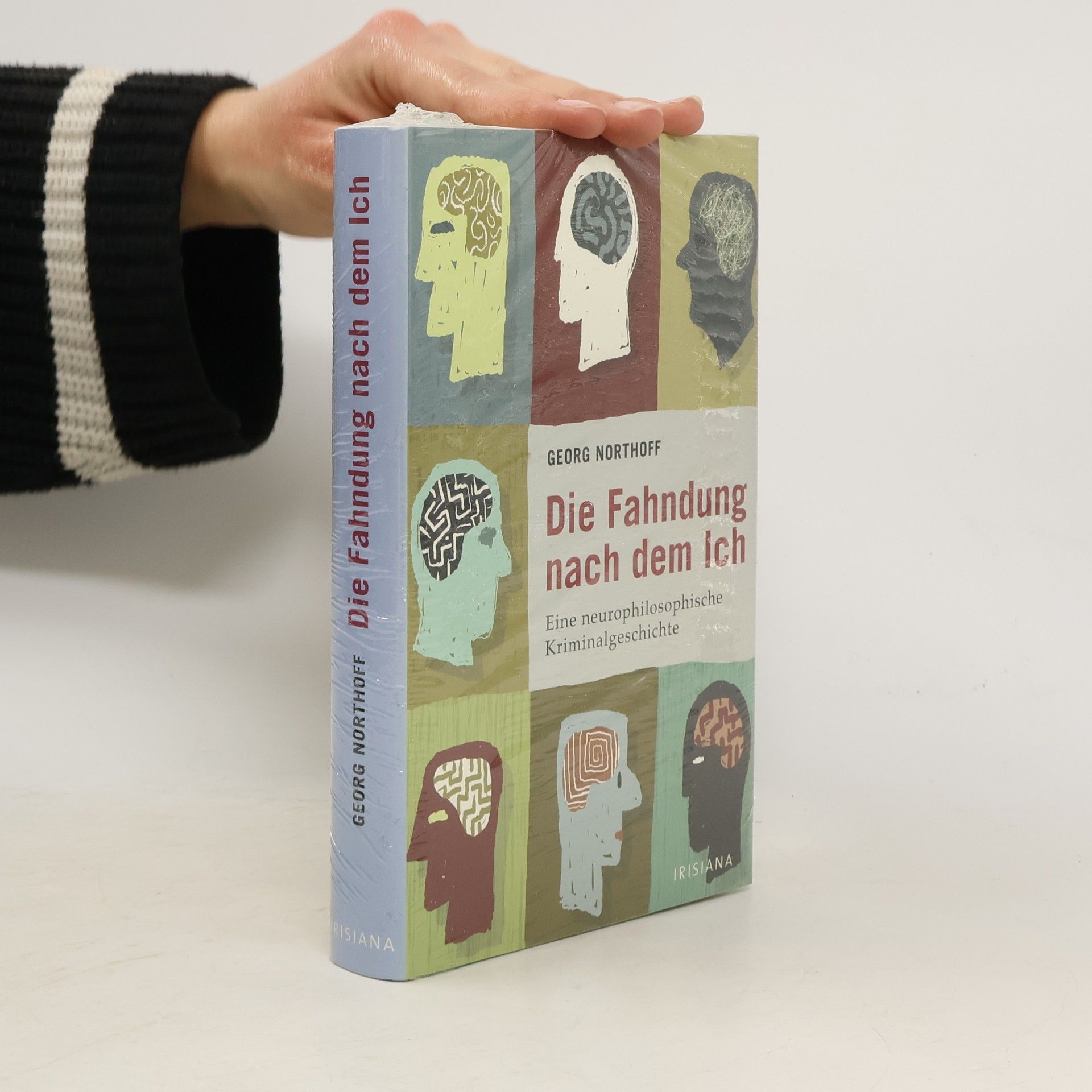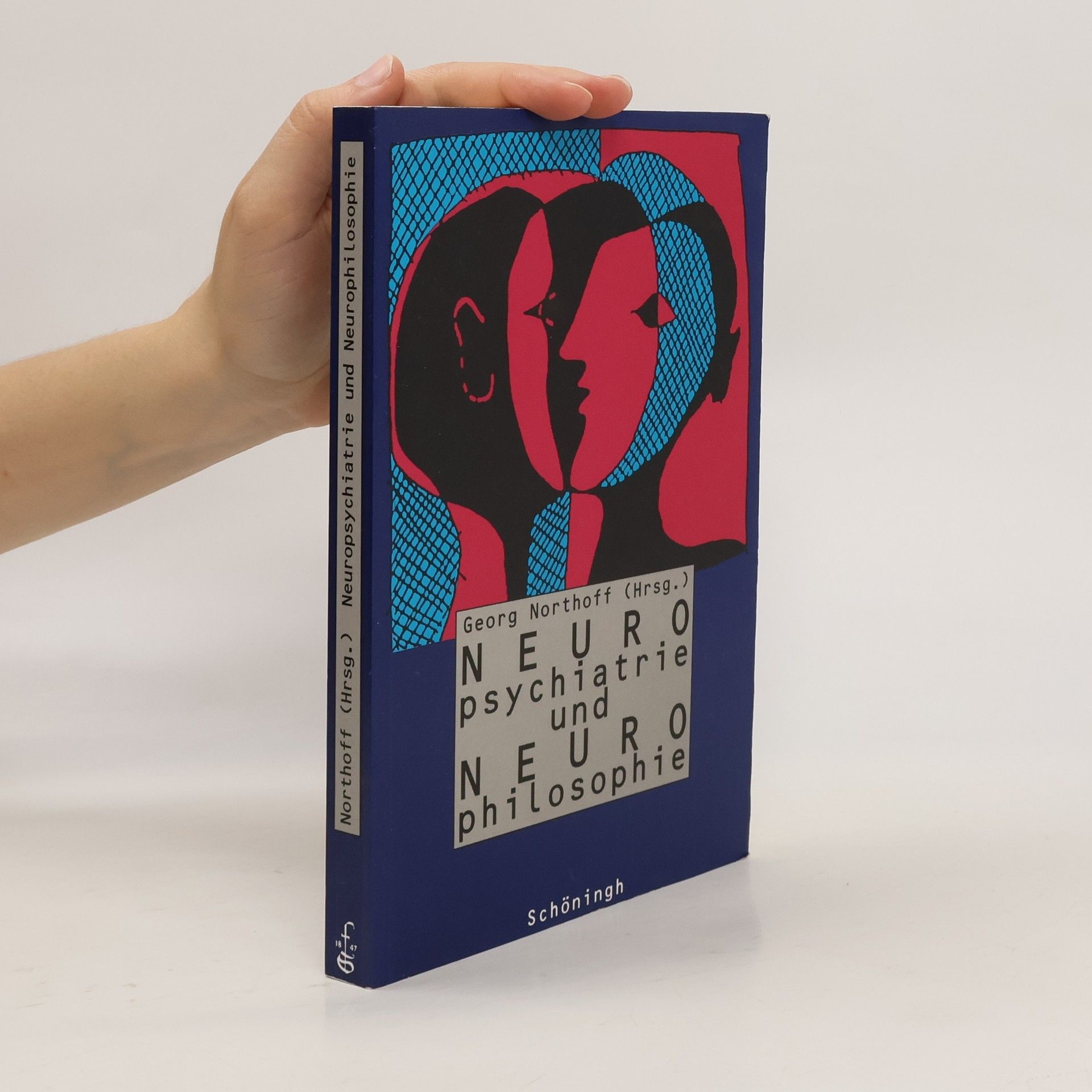Neuropsychoanalysis
- 168pages
- 6 heures de lecture
Georg Northoff presents the first introduction to neuropsychoanalysis and the search for a brain-based understanding and explanation of our psyche and its psychodynamic features.






Georg Northoff presents the first introduction to neuropsychoanalysis and the search for a brain-based understanding and explanation of our psyche and its psychodynamic features.
Neuroscientific Foundations and Clinical Cases
Exploring the intersection of psychoanalysis and neuroscience, this book delves into the concept of the Self, analyzing its dynamics from both psychological and neuronal perspectives. It offers insights into how these two fields inform each other, enhancing our understanding of human behavior and mental processes. By bridging these disciplines, the work presents a comprehensive view of the Self, emphasizing its complexity and the interplay between mind and brain.
Exploring the relationship between self and consciousness with neural events, this book delves into models addressing the mind/brain problem and recent findings on brain mechanisms. It offers a spatiotemporal perspective that enhances our understanding of consciousness and its implications for artificial intelligence, innovative psychiatric therapies, and broader ethical and philosophical considerations. The text serves as a comprehensive resource for those interested in the intersection of neuroscience, psychology, and societal issues.
The connection of the brain to the mind remains one of the most persistent mysteries in philosophy and neuroscience. Georg Northoff proposes a new approach to the so-called mind-body problem, drawing on an insight from physics: time structures all objects and events in the world, and all objects and events are in dynamic relationship. This also shapes the brain as it is part of the dynamic of the world as whole. In Neurowaves Northoff posits that the entire world is structured by waves of time and argues that the passing of these waves through our brains - neurowaves - produces mental experience. The brain's neural waves transform into mental waves; time and its dynamics are shared by brain and mind as their common currency. As in physics and biology, that radically changes our view. Copernicus showed how the earth moves and that its movements are just a tiny part of the universe's passage of time. Darwin showed that the human species is one among many species passing through evolution's timescales. Northoff calls for another Copernican revolution, replacing the mind-body problem with questions about the temporal-dynamic relationship between brain and world. Illustrated with vivid examples from different facets of the physical and biological world, Neurowaves provides captivating insights and an innovative, entertaining unravelling of the temporal connection of brain and mind.
Längst überfällig: das Trendthema Gehirn aus interdisziplinärer Sicht Gibt es ein ICH, ein Selbst? Ist das ICH das, was uns erst beseelt? Gibt es einen freien Willen? Der Neurowissenschaftler und Philosoph Georg Northoff geht genau diesen Fragen nach. Eingewoben in einen kriminalistischen Rahmen, schreibt er das ICH zur Fahndung aus und schickt seine zwei Ermittler, einen Hirnforscher und einen Philosophen, los, um den Fall zu lösen. Dabei steht der Tatort fest: das menschliche Gehirn. Dies führt zu weiteren Fragen, nämlich, ob man den religiösen Glauben in Zusammenhang mit bestimmten Aktivitäten im Gehirn bringen kann oder wie unser Selbst im Kontext von Emotionen zu sehen ist. Kurzweilig und fundiert werden die neuesten Erkenntnisse der Hirnforschung präsentiert und philosophisch hinterfragt. Dieser besondere Perspektivenwechsel erlaubt es, die in der gegenwärtigen Diskussion stattfindende starre Grenzziehung zwischen Philosophie und Neurowissenschaft endlich zu durchbrechen. * Die Menschheitsfrage nach dem ICH beleuchtet aus Sicht der Philosophie und der Neurowissenschaften * Neue Methodik: Die Neurophilosophie verknüpft philosophische Konzepte mit den empirischen Daten aus der Hirnforschung * Georg Northoff gehört weltweit zu den wenigen Wissenschaftlern, die eine interdisziplinäre Kombination aus Psychiatrie, Philosophie und Neurowissenschaften vertreten